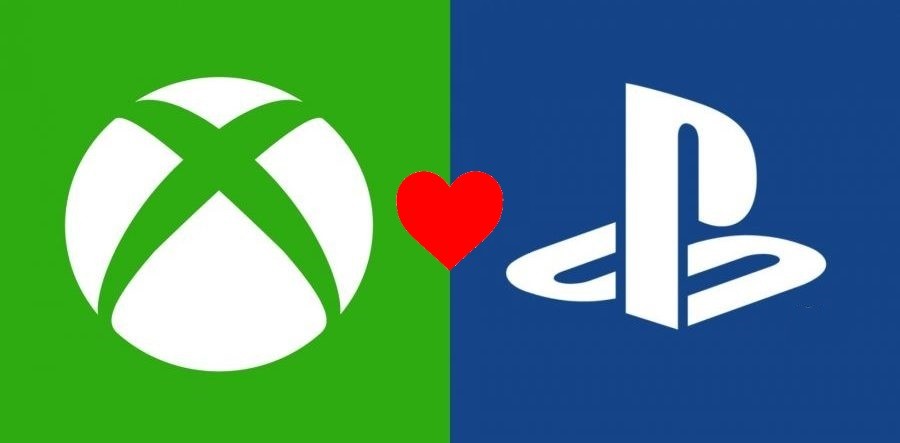The Importance of Cross-Platform Play in Gaming
Understanding the Cross-Platform Debate
A few days ago, a respected colleague of mine, Jez Corden, raised an intriguing question about cross-platform play: Does it really matter for Xbox and PlayStation users? This topic is one that I am deeply passionate about and have contemplated for quite some time. When this question was posed, I felt compelled to share my thoughts.
A Personal Experience with Cross-Platform Gaming
Several years ago, a friend and I decided to dive into the world of Destiny. He chose the Xbox One version while I opted for the PlayStation 4. This scenario was not new to us; we had often found ourselves in similar situations. However, we both wished we could enjoy our gaming experience together despite being on different consoles. It’s clear that many gamers share this sentiment as they look at their preferred platforms and wonder why cross-platform play isn’t more widely available.
The Current State of Cross-Platform Play
Fast forward to today: While progress has been made towards embracing cross-platform play by several companies—most notably Microsoft and Nintendo—Sony remains somewhat hesitant. Although there have been strides toward inclusivity in gaming communities, Sony’s reluctance has drawn significant attention recently.
Sony’s Controversial Stance on Fortnite Accounts
One notable incident involved Sony’s refusal to allow PlayStation 4 players access to their Fortnite accounts on Xbox One or Nintendo Switch. Epic Games stated that this decision rested solely with Sony. In contrast, Xbox and Switch users can freely use their accounts across both platforms—and even compete against PC gamers if they choose.
Speculating on Sony’s Motivations
While it may seem like a straightforward issue of accessibility for gamers, there are underlying factors at play—primarily financial considerations. It’s reasonable to speculate that monetary gain influences Sony’s decisions regarding cross-platform capabilities.
A Hypothetical Scenario: The Case for Cross-Platform Play
Imagine you and a friend want to purchase an upcoming game that supports cross-platform functionality; you own a PS4 while your friend has an Xbox One or Switch. With cross-play enabled, both players can enjoy the game together regardless of their console choice—a win-win situation! However, without this feature available, one player might miss out simply due to platform limitations.
This scenario highlights how restricting access can lead companies like Sony to leave potential profits untapped instead of maximizing revenue through shared experiences among all players.
The Future is Bright for Cross-Platform Gaming
Regardless of whether or not Sony fully embraces cross-platform play in the future is irrelevant; what matters is that we’ve already seen numerous games allowing interaction across various platforms—and this trend will only continue growing stronger over time.
Developers Embracing Change
Game developers recognize the financial benefits associated with creating titles compatible across multiple systems while also extending gameplay longevity—a strategy publishers are unlikely to ignore either!
By 2020 alone, it’s reasonable to expect three or four major titles featuring robust cross-play options as part of their core offerings—shaping how future games will be developed moving forward.
Conclusion: Unity Among Platforms Is Key
As technology advances further blurring performance differences between consoles becomes increasingly feasible; thus gameplay should remain unaffected by platform exclusivity issues (looking at you Activision). Ultimately having access across four out five major gaming platforms offers ample opportunities—but imagine if all systems collaborated seamlessly! That would truly be revolutionary!
What are your thoughts? Do you agree with my perspective on this matter? Feel free share your opinions below!
